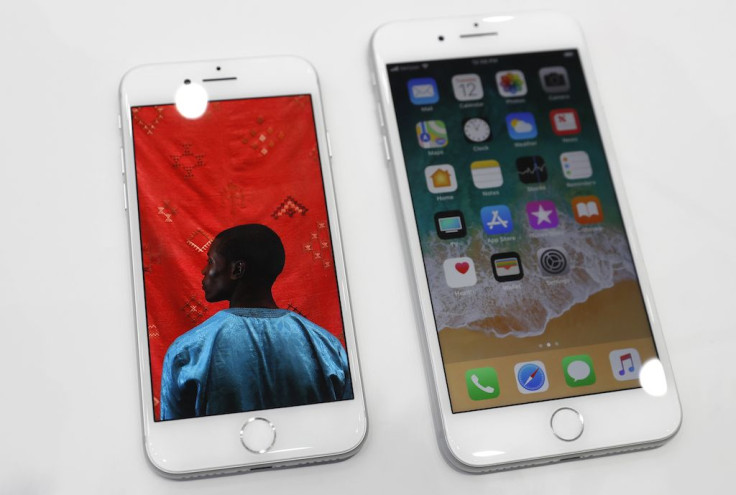Apple's iOS 11, watchOS 4 Set For Sept. 16 Release

Apple announced the iPhone X along with the iPhone 8 and Apple Watch Series 3 yesterday. What the tech giant didn’t announce on stage however was the release dates for iOS 11, watchOS 4 and MacOS High Sierra.
iOS 11 & watchOS 4
The iOS 11 and watchOS 4 updates are both going to be released next week on Sept. 19. Apple’s iOS 11 will be ditching support for 32-bit apps, so this also means that older devices won’t be compatible for the upcoming update. iOS 11 will only be compatible with the iPhone 5s all the way up to the iPhone 7 and iPhone 7 Plus. If users have an iPhone 5 or lower, they’ll have to settle for iOS 10 or iOS 9.
As for the iPads, iOS 11 is compatible with the iPad mini 2 or newer, the 5th generation iPad, the iPad Air, iPad Air 2 and all iPad Pro models. iOS 11 is also compatible with the 6th-generation iPod touch.
Apple’s watchOS 4 will be compatible with all models of the Apple Watch. It brings in some slight redesigns for the user interface, including a new vertical app dock, a new look for the Music app and added support for the News app, according to Ars Technica.
Apple's watchOS 4 will also add improvements to the Workout app. It will soon include support for tracking more types of exercises. There’s also a new high intensity interval training, which lets the Apple Watch more accurately track the user’s burned calories during extreme workouts. Lastly, watchOS 4 adds better heart rate monitoring, which Apple says will help researchers detect heart irregularity with up to 97 percent accuracy in the near future.
How to Get iOS 11 Now
For those who can’t wait, there’s actually a way to get iOS 11 now. Apple recently rolled out the golden master build of iOS 11 to developers and public beta testers yesterday, which means anyone can get it now if they really want to.
The golden master build of iOS 11 should be the closest to the final version of iOS 11, with most of the major bugs having already been fixed. However, users who install the golden master should definitely update their software when the final version of iOS 11 is released on Sept 19.
To get the golden master build of iOS 11, users will have to sign up to Apple’s public beta program here. When done, users will have to open the beta website with Safari on their iPhone, iPad or iPod touch and follow the directions, according to The Verge.
It’s highly recommended that users back up their iOS devices first before downloading and installing the golden master build of iOS 11.
MacOS High Sierra
As for MacOS High Sierra, Apple has confirmed that it will arrive a bit later on Sept. 25. High Sierra was first announced by Apple back in June during the WWDC 2017.
The updated operating system for Mac computers introduces some slight improvements on some of Apple’s first-party apps, as well as the user interface. The Photos app will have more edition tools on MacOS High Sierra, while the Safari web browser adds the ability to automatically block autoplaying videos, according to TechCrunch.
Like with the rest of Apple’s software products, MacOS High Sierra will be available as a free update from the Mac App store. Although the update doesn’t really bring a lot of new features, it’s recommended that everyone upgrades because High Sierra includes the latest security updates.
© Copyright IBTimes 2025. All rights reserved.




















